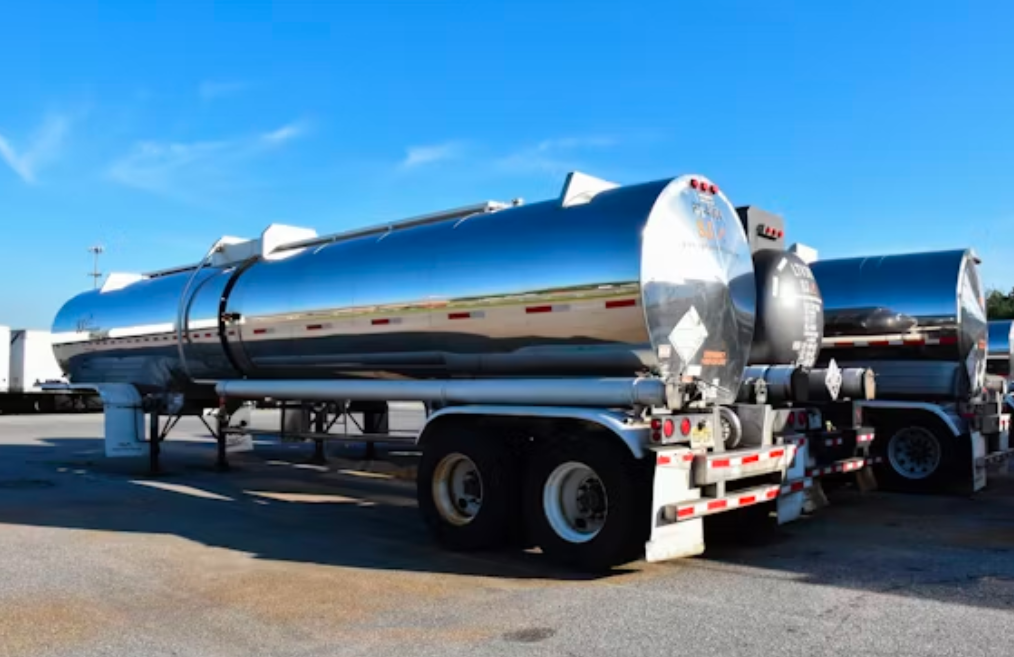A tank trailer is used to transport liquids like oil, fuel, and gases. They are also used to carry and transport bulk materials like cement or flour. Additionally, they are used for transporting chemicals. These trailers are typically made from carbon steel, alloy, and stainless steel, making them strong and durable. However, selecting a good quality tank trailer for your business is essential.
Here’s how you can select the right tank trailer for your business:
Determine Your Needs
Before choosing and purchasing a high-quality tank trailer, consider your specific requirements. Think about what type of bulk or liquid you need it for. Purchase a tank trailer that matches the weight of your bulk or the volume of liquid in liters or gallons that you plan to transport at once.
Consider your route—how long or short it is, whether the terrain is flat or hilly, and if it will be used only seasonally or year-round. You also need to be aware of your budget and assess whether you can maintain the trailer properly.
Material Quality
Tank trailers are usually made of stainless steel, aluminum, or carbon steel. You should choose the material based on your product and needs.
Aluminum is ideal for transporting petroleum and water and is cost-effective. It is non-corrosive but can be more challenging to maintain because it is a soft metal and not suitable for acidic products.
Stainless steel is suitable for corrosive items and products at higher temperatures. It offers a long lifespan and is easier to maintain. The downside is that it tends to be more expensive and heavier than aluminum and carbon steel.
Carbon steel is best suited for dry bulk materials. It is more durable and stronger and tends to be more affordable than the other options. It is also easier to maintain but may rust if not properly coated. Since material quality is critical in manufacturing, always choose the material based on your specific needs.
Choose a Tank Type
Selecting the appropriate tank type is crucial. Consider the type of cargo, especially if the bulk is hazardous. Think about whether the tank needs insulation, pressure regulation, or specialized linings.
Check Suspensions and Brakes
When purchasing a tank trailer, inspecting the brakes and suspension is essential. This is vital for legal compliance and safety, especially when hauling heavy bulk or hazardous materials.
Review the air suspension system, and check the tank’s alignment and mounts. Examine the brake types—either disc or drum brakes. Disc brakes are generally a better option; they are often more expensive but offer better stopping power, fade less, and cool faster. Always review maintenance logs and test the trailer before loading.
Prioritize Safety
Safety should always come first. Ensure the tank trailer meets all safety standards. Check for proper pressure and leakage protection, and verify that the construction integrity of the tank is sound. Evaluate the tank’s stability and handling features. Also, consider safety features related to fire and explosion hazards.



